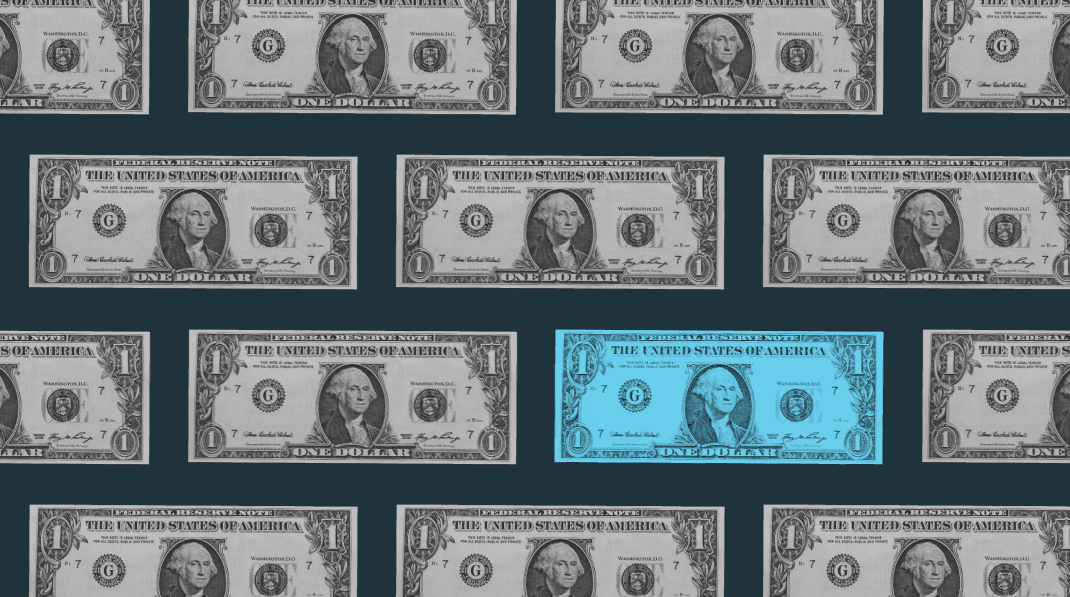Jul 06, 2018
Trump’s Trade War With China Begins
We explain tariffs, trade wars, and how they could affect you.

The trade war with China has officially begun.
On Friday, U.S. tariffs on $34 billion worth of Chinese goods officially kicked in. China responded with tariffs of its own on U.S. products.
What’s a trade war?
A trade war is when one country puts tariffs, or taxes, on another’s imports. The other country then responds with tariffs of its own.
What’s a tariff?
A tariff, sometimes called a duty, is a tax typically imposed by one nation on another’s imports. (In some cases, tariffs can be levied on exports.) The tariff is generally calculated as a percentage of the import’s total value, including freight and insurance charges.
The U.S. has put taxes on products many U.S. manufacturers import as part of their supply chains, such as auto and jet engine parts, as well as compressors and electrical components. China, in turn, is reportedly putting taxes on soybeans, aircraft, and cars.
How a trade war could affect you
There are concerns that a trade war will increase costs to buy goods for U.S. consumers. There are also worries that tariffs could cost workers their jobs in various manufacturing industries, as expenses increase.
For example, on the import side, numerous industries depend on cheap steel, which they get from China and other markets, to manufacture products. Tariffs are likely to increase the cost of steel at home, and those increases are likely to be passed along to the consumer in the form of higher prices.
On the export side, China is placing tariffs on our agricultural products and beef, which will make these products more expensive to sell in China. U.S. soybean farmers are one group who are likely to get hit by tariffs from China. (In related news, U.S. exporters of cheese say they’re feeling the pinch from a parallel trade war running with Mexico.)
Why is this happening?
President Trump ran on an “America First” platform, which aims to advance the interests of U.S. manufacturers, in part by withdrawing from trade treaties and prior trade agreements.
In recent months, the U.S. has put tariffs on foreign steel and aluminum, not only from China but also Canada and Mexico. It has also taxed solar panels and washing machines, primarily from Asia.
The Trump administration is planning another round of tariffs on an additional $216 billion worth of Chinese products later this summer and into the fall, according to reports.
Related articles

financial-news
Apr 07, 2025
Investing During Volatile Times

financial-news
Apr 03, 2025
How to Stay the Course Through Tariffs and Turbulence

financial-news
May 15, 2024
Rebirth of the meme stock craze? 5 brutally honest reasons why you shouldn’t be buying, despite the hype

budgeting
Jan 09, 2024
9 ways to celebrate financial wellness month

financial-news
Nov 09, 2023
What is a Recession?

financial-news
May 15, 2023
The Stash Way: Invest Regularly
By using this website you agree to our Terms of Use and Privacy Policy. To begin investing on Stash, you must be approved from an account verification perspective and open a brokerage account.
